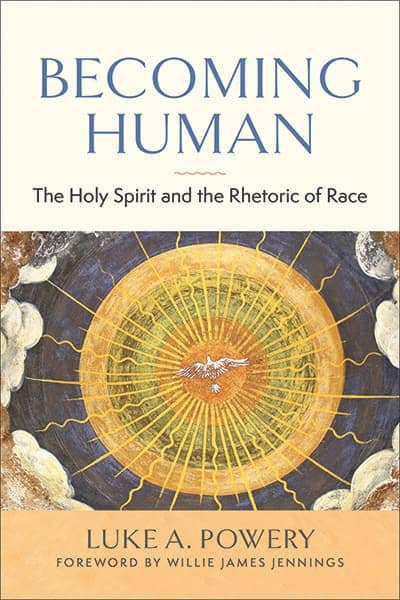This past spring semester, I did one of the best things I’ve ever done at Duke: teach a class in a federal men’s prison. The experience is hard to put into words, but being there every Thursday morning was a revelation of what human rights lawyer and best-selling author Bryan Stevenson said last fall semester during the inaugural William Preston Few Lecture in Duke Chapel. In just a few words, Stevenson, the founder and executive director of the Equal Justice Initiative, provided a critical intellectual and ethical insight:
“What I want [policymakers] to understand is that you cannot put a crime in prison. You don't have the ability to do that. You can only put a person in prison … [People] can commit crimes, but they are not crimes.”
People are not crimes. People commit crimes but are not, ontologically, a crime. I saw this each week in the prison class. These students were fathers, brothers, artists, sports fans and music enthusiasts. They laughed and cried like every human being. This doesn’t mean that they did not commit a crime, yet criminality is not their core identity as a human. We are all more than the worst thing we’ve ever done. We are all human beings and as such, we have dignity and worth, regardless of what the prison industrial complex may imply.

Affirm each other’s dignity, worth, and humanity ... so that we all become more fully human .
The theologian and pastor Howard Thurman has articulated so well this centrality of human dignity. One reason is that, as a Black man born in 1899 in Daytona Beach, Florida, he grew up during segregation when it was critical to reclaim and defend his full humanity. As his grandmother, a former slave, told him, the key message of slave preachers to the enslaved was in short: “You are not slaves. You are God’s children.”
Thurman not only faced the dehumanization of segregation, but he also experienced the blessing of being recognized as a worthy human being. As an academically gifted teenager, he was headed off to a private school in Jacksonville when he was denied entry onto his train because of a missing handle on his trunk. Despairing that he would not be able to leave town to get an education, Thurman was in tears when a stranger approached him and offered to pay to have his trunk shipped. Decades later, Thurman dedicated his autobiography “With Head and Heart” “to the stranger in the railroad station in Daytona Beach who restored my broken dream 65 years ago.”
Thurman went on to become the dean of Rankin Chapel at Howard University and later dean of Marsh Chapel at Boston University. His writing deeply influenced civil rights leaders such as the Rev. Dr. Martin Luther King Jr. In his words in memoriam of King and in light of his assassination, Thurman said we are “not quite human yet” but “becoming human.”
As the semester gets under way here at Duke, campus is busy with teaching, research, service, papers, parties, and sports. In the midst of it all, may we take time to really see one another, or better – using Thurman’s language – “revere” each other. Affirm each other’s dignity, worth, and humanity – no matter if someone is a prisoner, a pauper, a priest, or a professor – so that we all become more fully human and discover that even a stranger can restore our broken dreams.
The Rev. Dr. Luke A. Powery is the dean of Duke University Chapel and associate professor of homiletics at Duke Divinity School.
